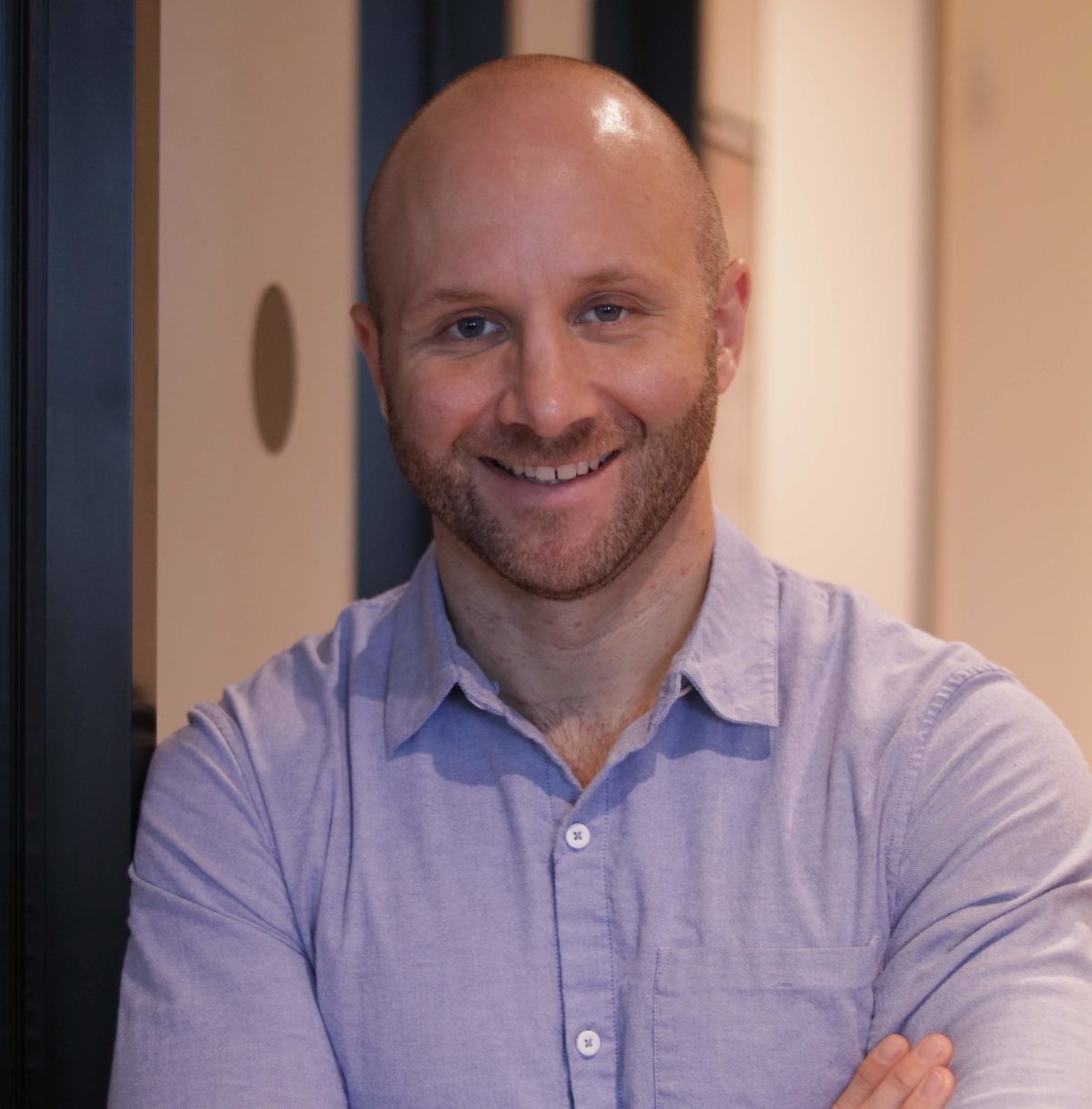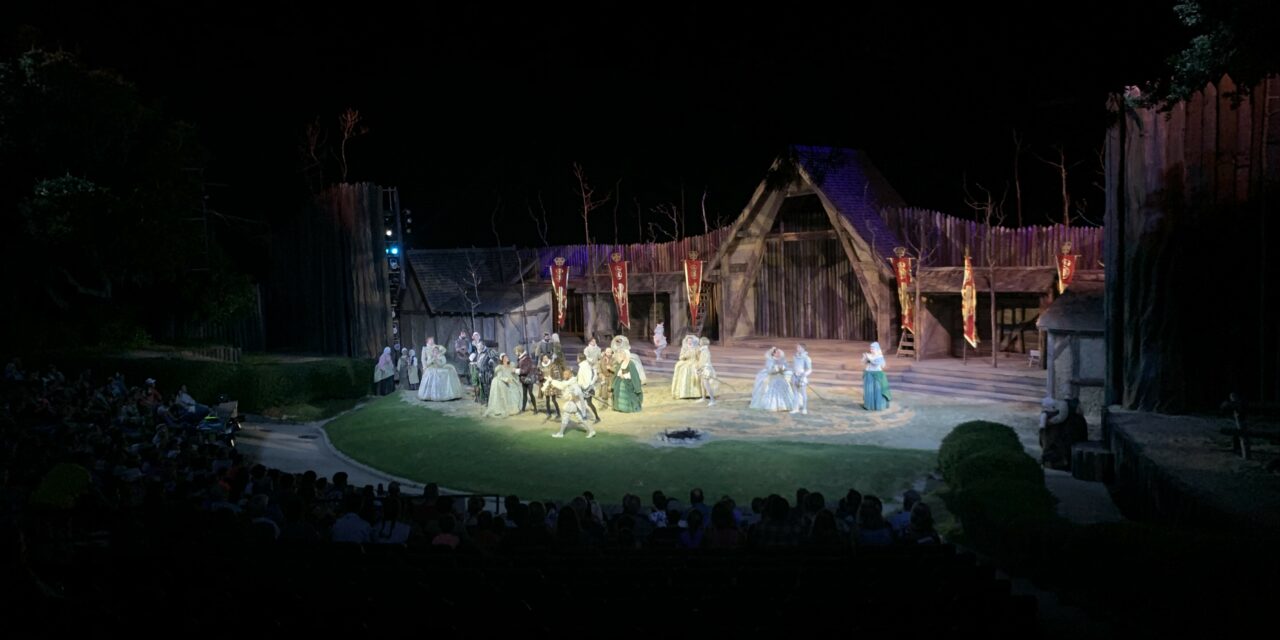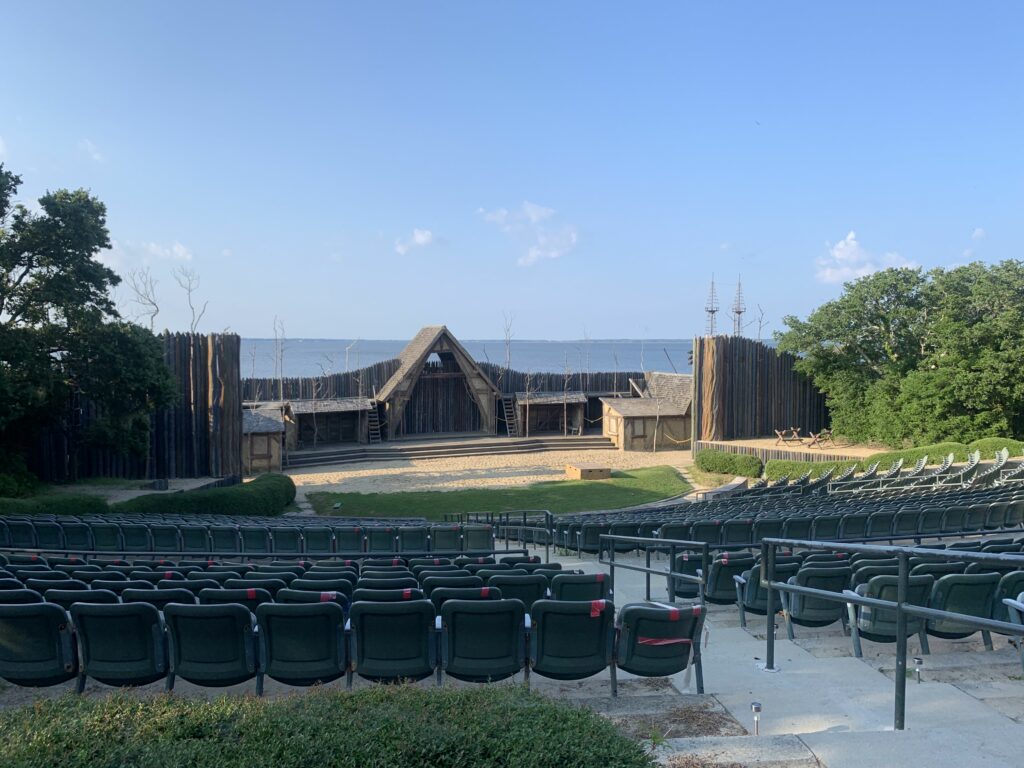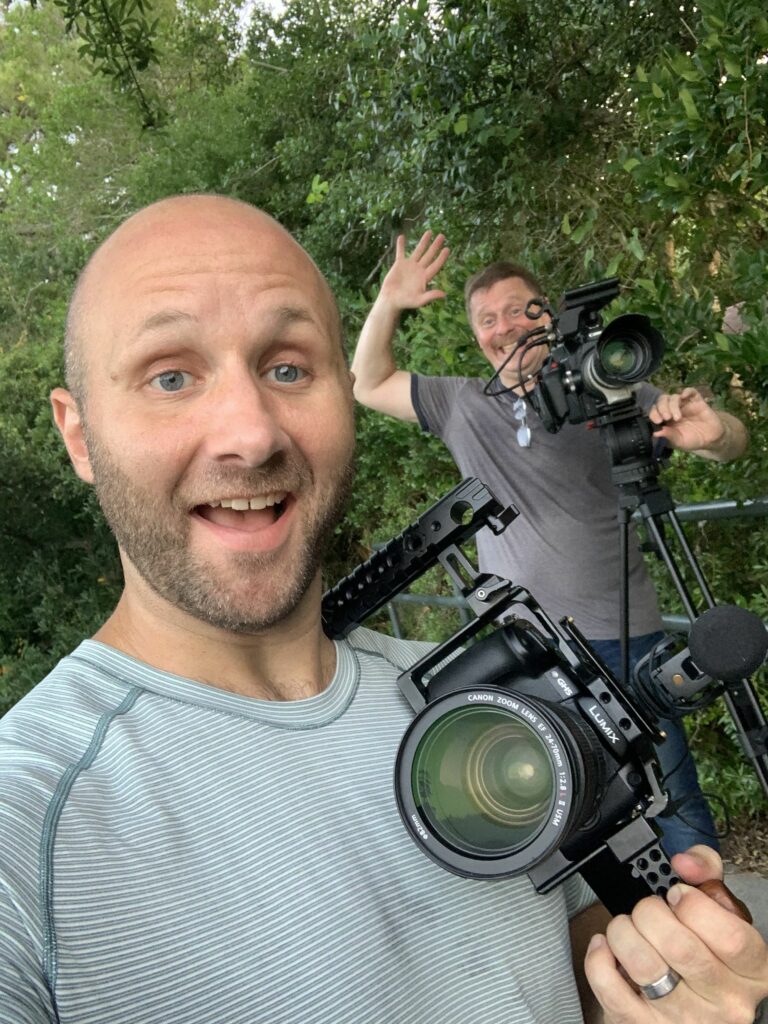A week ago, I drove down to Manteo to film “The Lost Colony” play.
If you’re from North Carolina, you’ve heard of it. It’s the longest running outdoor drama in the country (84 years!), launched the career of legendary actor Andy Griffith, and is a staple of the tourist economy of the Outer Banks.
My producing partner David and I have been working on a film called “Finding Croatoan” for the past few years that explores the mystery of the lost colonists of Sir Walter Raleigh’s 1587 attempt at a colony in the New World. But beyond that, our film looks deeper into the lives of people who obsess on solving “America’s oldest mystery,” how this mystery came to be so popular, and the overall role it has played in American history and culture.
The play had made news recently for finally stopping the act of using “redface” — the bronzing of white actors’ skin to resemble the complexion of the Native Americans they portrayed — and decided to only hire Native American actors to play Native roles moving forward.
It made sense to me. To some, it did not.
Even on our film’s own Facebook Page, we saw some of that backlash when we reposted the WRAL article.
One commenter said, “SJWs (‘Social Justice Warriors’) shutting down another event!”
Another said, Stupidity! Not worth a comment!” (I guess the irony was lost on him) and five people liked it. He later claimed that he would not be going back to the show.
If I try really hard, I think I could understand why someone might be frustrated that companies and organizations keep responding and reacting to what they consider “PC or cancel culture” instead of holding their lines and refusing to change or adapt with the times.
After all, that is what many of us do: resist change.
But the play didn’t do that. They listened to the concerns of a petitioner who wanted them to stop doing redface and they made a conscious decision to change their approach.
Kevin Bradley, the new Chairman of the Board of Directors for the Roanoke Island Historical Association (the producing association of “The Lost Colony” play) was the person behind that decision.
The play and it’s governing association had previously not been receptive to working with our documentary production — presumably in response to one of our main characters saying “A fictional play has created a myth out of desire to sell tickets to a show.”
Our trailer received over 30,000 views on Facebook and many of the play’s current and past actors shared their distaste for that comment.
But with the recent changes in leadership and significant changes in direction, I wondered if their minds might’ve changed to working with our film. After all, you can’t tell a story about America’s oldest mystery without including “The Lost Colony” play — arguably the most influential factor in its dominance of the early American historical narrative and North Carolinian culture.
I reached out. Kevin quickly agreed.
Not only did we interview him for about an hour, the production team also allowed us to film the play the night before, and conduct interviews with four actors in the show (two of which were of the eight new Native American actors hired).
The Roanoke Island Historical Association has worked closely with Harvey Godwin, the Tribal Chair of the Lumbee Tribe of North Carolina, to make changes to the play that were more inclusive of the Native American lifestyle and culture and more open to its influence on the production.
As Mr. Bradley said in our interview, “Beyond just the cast, the Native American fingerprint is all over the show.”
It wasn’t just casting actual Natives Americans for Native American roles. It was working with Native American musicians to make the music more accurate. It was using Native American choreographers to make the dances more authentic.
When I asked the young Native American actors if it was important to represent their culture authentically, their excited and nervous faces became serious.
“Yes. It’s very important to us.”
And the result? The show has improved significantly. The crowds have doubled, according to Bradley. Children are fascinated by the dynamic nature of the performances and one parent even reported being “blown away that her children could sit still for that long.”
Not only did they sit still, they were enthralled.
What I think a lot of people miss about this movement towards more diversity and inclusion, is that it’s not just about representation and authenticity — although those things are extremely important. It’s also about making our work better by utilizing different perspectives.
Bradley, who has been attending the show for four decades, stated in our interview, “The involvement of the Native American community in the show has elevated the show to a level I’ve never seen. The inclusivity issue is not about skin color. It’s about perspective. A point of view is simply a view from a point. So what we’re allowing ourselves to do is get off that one single point and look at the world, and look at the production, from a whole different point of view. The more diverse the group, the better our perspective to tell the story because we’re not standing on one single point and looking at the world.”
Having a diverse team makes your performance better because the experiences and perspective of those people help you identify things that might push people away from your business, as well as those things that could be added to attract more people.
The audiences of “The Lost Colony” used to be predominately, if not exclusively, white families. But when I went, I saw Native Americans in the crowd. I saw Black families. I saw Asian families.
It appeals to more people now. The show has gotten better. And the ticket sales show that.
I hope people see how “The Lost Colony” has approached our changing times.
I hope it inspires other performances, organizations, and businesses to do the same. And I hope it promotes more a culture of listening, learning, and being willing to adapt and adjust.
Not because we want to push diversity and inclusion just for the sake of including more people.
But because being diverse and inclusive in our approaches actually makes our work, and our world, better.
 Rain Bennett is a two-time Emmy-nominated filmmaker, writer, and competitive storyteller with over a decade of experience producing documentary films that focus on health and wellness. His mission is simple: to make the world happier and healthier by sharing stories of change.
Rain Bennett is a two-time Emmy-nominated filmmaker, writer, and competitive storyteller with over a decade of experience producing documentary films that focus on health and wellness. His mission is simple: to make the world happier and healthier by sharing stories of change.
You can read the rest of “Right as Rain” here, and check back every Wednesday on Chapelboro for a new column!




